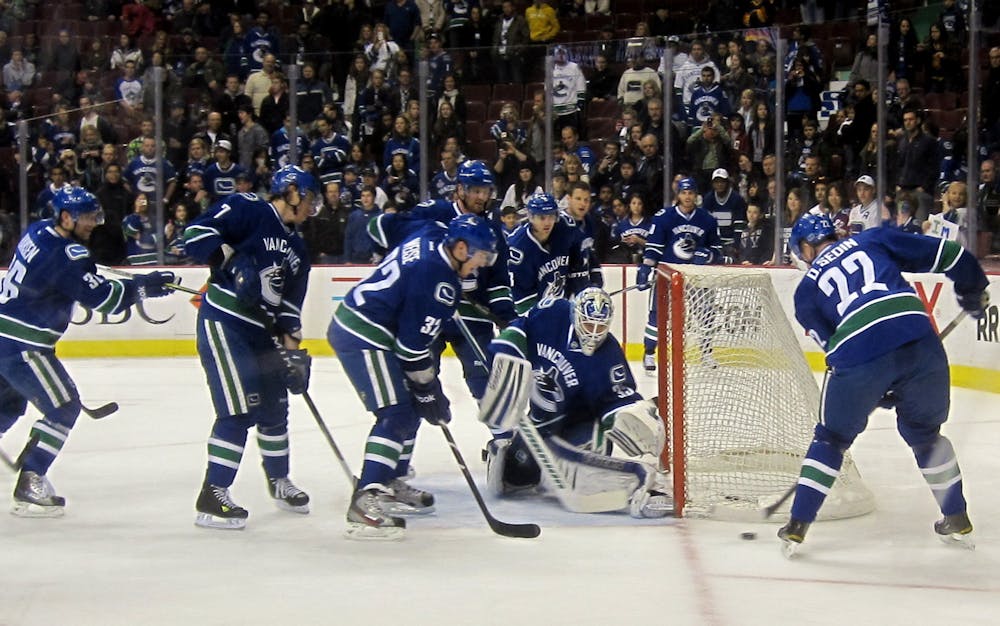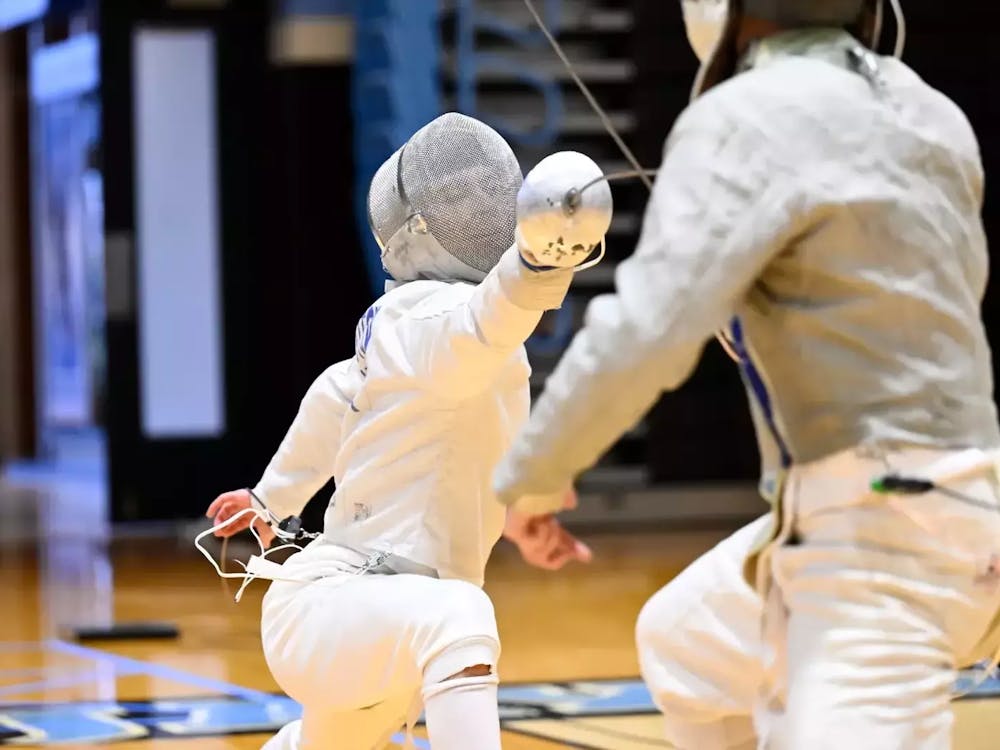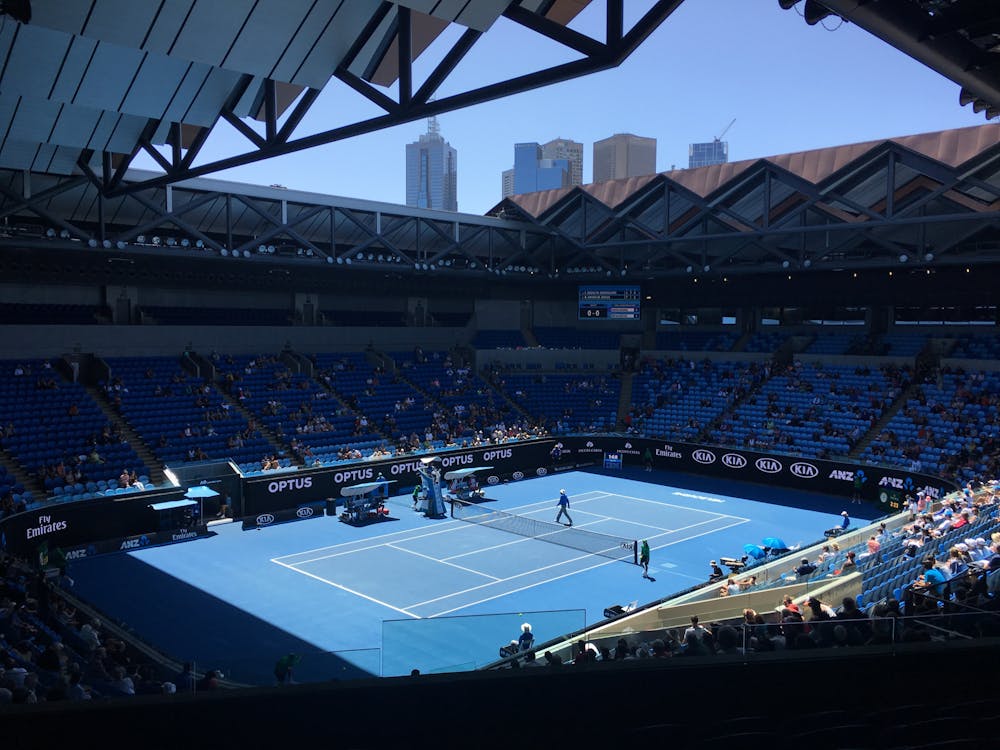
Zero wins. Five losses. Two overtime losses. Infinite frustration. That’s the story of the Vancouver Canucks rough start to the season. Nearly one-tenth of the season elapsed and Vancouver hadn’t won a game. Their negative 12-goal differential, the second-worst mark in the league and lack of wins are bad, but the bad results tell only part of the story.
Vancouver started the year by blowing three consecutive multi-goal leads. Team executives are throwing around the word “rebuild” and having to talk about head coach Bruce Boudreau’s contract status. The team is holding players-only meetings. Fans are booing the team and throwing jerseys onto the ice. The results are bad, but the fanfare with which the team began winless elevates the bad start into a whole bigger dimension. There’s no way to spin it: it's a terrible start to the season. What does Vancouver do from here?
A common answer is to fire the coach. Maybe that is the right answer. Maybe a new voice provides a jolt (think Jay Woodcroft last year for the Edmonton Oilers), and the team can go on a run. But maybe it’s not. Maybe a new coach and potentially a new system can work in time but is incapable of delivering the immediate results a struggling team desperately needs. Maybe the results under a new coach largely remain the same. It’s impossible to know and a matter quite hard to speculate on as an outsider. Coaching options aside, let’s consider Vancouver’s options in terms of roster construction.
From a roster construction perspective, Vancouver theoretically has three general choices: upgrade the current roster, make major changes and start a rebuild, or largely stand pat and tinker on the margins.
Upgrading the current roster would be great. It’s just that this might be the hardest time of the year to do so. On one hand, as noted by Harman Dayal of The Athletic, Vancouver’s President of Hockey Operations Jim Rutherford is one on a small list of team builders who have made early season trades with a track record of success. However, that doesn’t change the multitude of factors working against Vancouver in this regard.
For example, there are several teams that are unlikely to make the playoffs this year, but few to none are willing to throw in the towel and raise the white flag just seven games into the season. In addition, there are 31 general managers watching Vancouver’s challenging start and smelling the ability to pull off a heist. In negotiations, Vancouver’s desperation likely puts them in a challenging position. Time is not on the team’s side.
Moreover, Vancouver’s top need is likely a legit top-four defenseman, which is perhaps the commodity in shortest supply on the current trade market. With teams like the Ottawa Senators and Florida Panthers having similar needs for a defenseman but much better playoff odds, it’s a thin market with lots of suitors with stronger playoff chances than Vancouver. Is there truly a difference-making defenseman on a palatable contract that Vancouver can acquire for a non-outlandish price? And if there is, wouldn’t teams like Florida or Ottawa have already met that price?
Upgrading the roster now is going to be hard, and the opposite option would be to trade the core veterans and launch a multi-year rebuild. Interestingly if this team decided to blow up the core, it could likely get a massive haul of assets. For as bad as Vancouver has been this year, the high-end talent on the roster is undeniable.
Thatcher Demko is a young but proven goalie on a sweetheart contract, who many considered to be a dark horse candidate for the Vezina trophy. J.T. Miller, despite being older and defensively at the heart of Vancouver’s challenging start, is fresh off of a 32-goal, 99-point season and is currently one of the better scorers in the league. Elias Pettersson is coming off an underwhelming season but flashes tantalizing potential and has previously posted eye-popping offensive numbers. He could be a franchise superstar. Defenseman Quinn Hughes is already a star with the potential to get even better.
Perhaps it’s a depressing way to look at the team, but regardless of whether you think Vancouver is any good, the team has enough good players at the right ages that could be traded to kickstart a rebuild with many high-end assets. Additionally, if there’s ever a year to be uncharacteristically bad and have a high draft pick, it’s this one. Hello Connor Bedard!
More likely than a big upgrade or dismantling of the roster, the most tried-and-true option is to stand pat regarding the core and tinker on the margins. Somewhat counterintuitive, the same logic about the team having the assets to kickstart a rebuild applies to the argument for standing pat. The team has some of the hardest pieces in place: the high-end goaltender in Demko, a prolific scorer in Miller, a budding elite center in Pettersson and a transcendent defenseman in Hughes.
With this foundation perhaps avoiding major changes and instead complementing the existing core with minor additions is the best option. Vancouver made a low-risk move in this spirit by trading minor pieces for an NHL-ready prospect who hasn’t worked out on another team by acquiring Jack Studnicka from the Boston Bruins. Early signs seem to suggest Vancouver is embracing this option.
Vancouver’s challenging start to the season has accelerated the arrival of a conversation facing many teams in the league and in sports in general. As a team what do you do when you are in the mushy middle? Without major changes, this team is nowhere near bad enough to get Bedard or a pick at the top of the draft where the biggest difference-makers are typically available. Without major changes, it appears this team might also be nowhere near good enough to contend for a championship.
As fans, nobody wins in the moment when many teams decide the answer is a long rebuild. Yet, it’s simultaneously hard to argue that the Vancouver fanbase wins long-term if the alternate answer is years of being a mediocre borderline playoff team. What’s the right answer? The jury is still out, and the right answer likely depends on more nuanced factors and team-by-team situations. It will be fascinating and informative to see how Vancouver navigates the choppy, challenging waters of their loss-filled start to the season.





